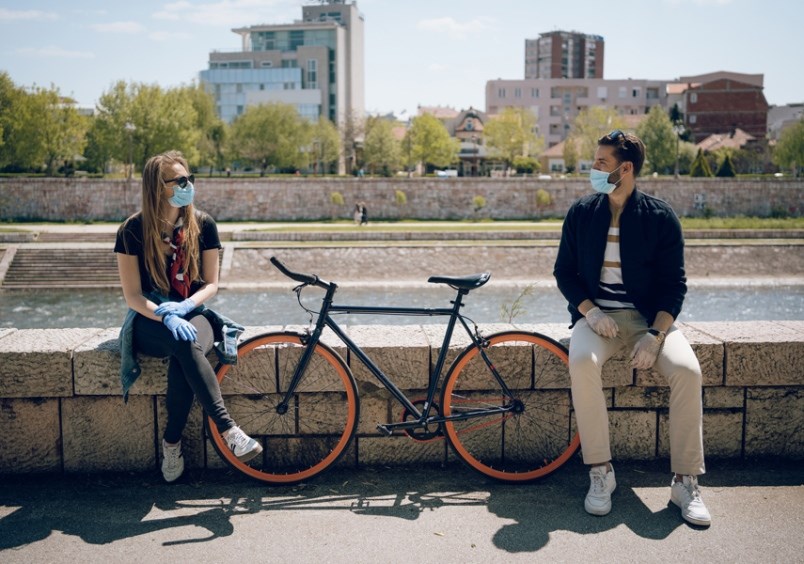Provincial health officer Dr. Bonnie Henry says the upward trend of COVID-19 case numbers in B.C. revealed yesterday (July 20) in new modelling projections is very concerning.
Monday marked the first time more than 100 cases have ever been reported in a single time period, says Dr. Henry.
Of the 102 new cases announced in B.C., 45 were identified in the Interior Health region, bringing the number of active cases in IH to 78.
Many of the new cases in the IH region are the result of recent exposure events in Kelowna, says Dr. Henry. The number of cases connected to these exposure events has now risen to over 60.
"We do have a possibility of having explosive growth in our outbreak here in BC if we're not careful in how we progress over the summer ... we must acknowledge that the number of new cases reported in the past three days is concerning."
However, she did acknowledge the Kelowna outbreak is not yet being considered a 'super-spreader' event, where a single person or two people are in an environment where they spread the virus to lots of other people.
"What we have seen with the Kelowna outbreaks are a series of parties, small groups, that intermingle so people are in one group one night, a different group another night, and so it's not been a single super-spreading event that we've seen in some other places, but it has been a number of events where people have spread to a number of other people, and they've gone on and had large numbers in contacts."
Earlier on in the pandemic, the average number of contacts people diagnosed with the virus had was 11 or 12.
That number was temporarily brought down to three or four per person, but Dr. Henry says they're now seeing people test positive for COVID-19 who have had up to 20 or 30 contacts as people increase connections within the community.
"We knew that would happen as we moved into this phase restart in B.C., but the challenge now is that we are no longer having safe connections and that is what is spreading this virus.
"Quite frankly, people are a little bit tired of all of this. They want it to go away. I want it to go away. But we have to live through this and be able to live our lives, and that means we have to be cautious."
The modelling data released Monday also revealed the reproductive number — in other words, the number of people we will transmit the virus to if we test positive — has risen above one.
That's a worrying trend, says Dr. Henry, and suggests we could see "rapid progression" of COVID-19 transmission if caution is not exercised by all this summer.
"This is concerning, but it is not foregone that we will have a rapid rebound. It is something we can make a difference in - if we pay attention now.
"We can play safe and stay safe. We know how to do that."



